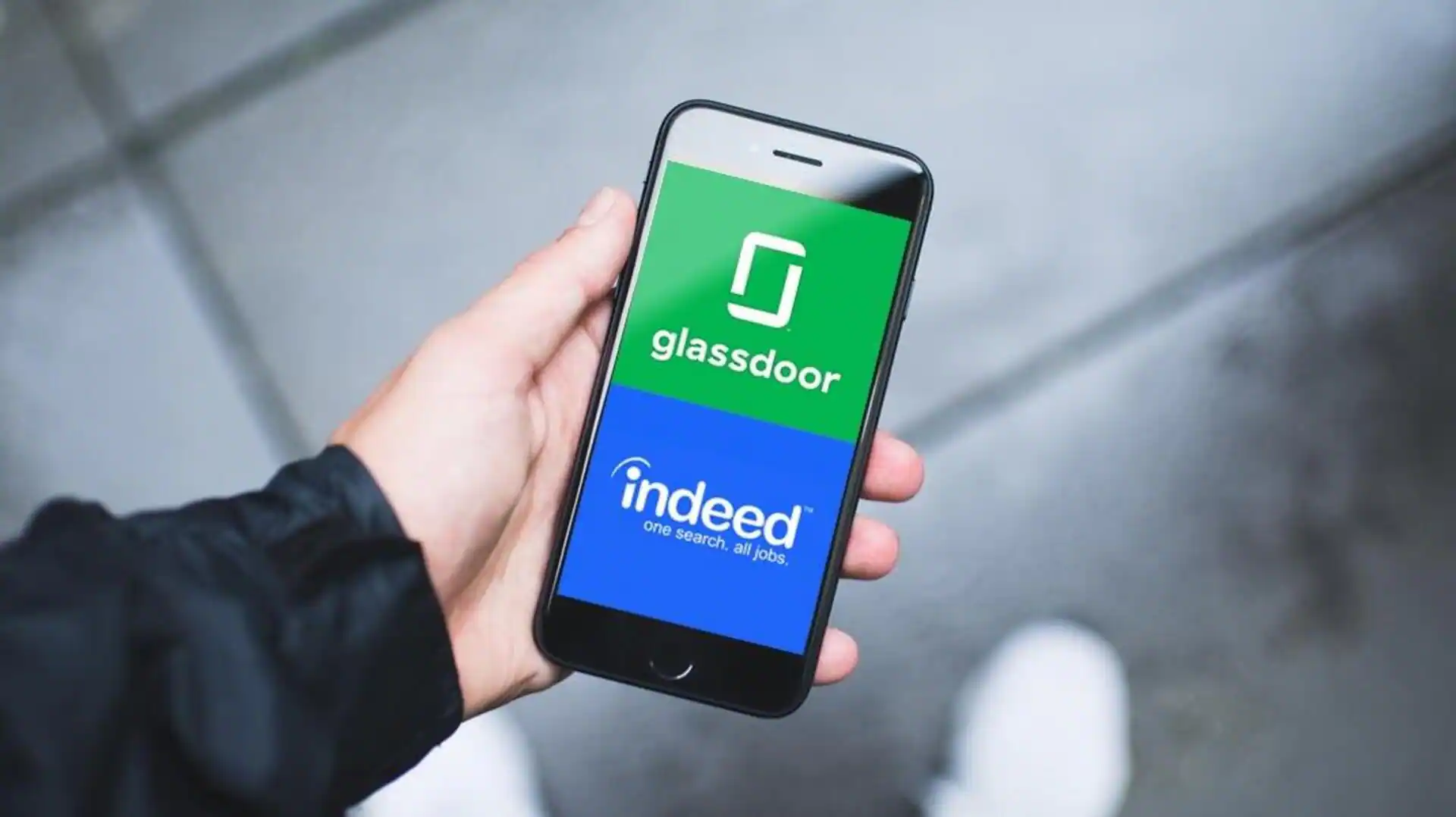Recruit Holdings, the parent company of job search platforms Indeed and Glassdoor, recently announced a sweeping round of AI-driven layoffs Indeed Glassdoor, cutting around 1,300 employees—about 6 percent of its HR technology division. The move underscores how artificial intelligence integration is reshaping workplace priorities and investment strategies in recruitment technology.
This in‑depth analysis explores the motivations, impacts, challenges, and future outlook surrounding the AI-driven layoffs Indeed Glassdoor and how this decision reflects broader industry trends.
Why AI-Driven Layoffs Indeed Glassdoor Happened
Strategic Pivot Toward AI
CEO Hisayuki “Deko” Idekoba emphasized that “AI is changing the world, and we must adapt.” Recruit is accelerating its shift to AI-powered tools—automating resume parsing, job matching, and user experience personalization. The layoffs help redirect resources toward AI research, development, and deployment.
Operational Consolidation
The company is merging Glassdoor into Indeed, eliminating redundancy in teams. Leadership roles are changing—Glassdoor’s CEO Christian Sutherland‑Wong will exit by October, while Indeed’s officer in charge of people and sustainability will step down earlier. These changes support streamlined oversight for the unified AI-first vision.
Cost Optimization and Efficiency
With one-third of new code being AI-generated and the expectation of this rising to 50 percent, Recruit is cutting manual costs in areas like R&D, sustainability, and HR operations. This aligns with broader industry movements, including similar cutbacks at Meta, Microsoft, and others as they channel investment into AI.
Who Is Most Impacted by AI-Driven Layoffs Indeed Glassdoor
Departments Hit the Hardest
The layoffs primarily target teams in:
- Research and development
- People operations
- Sustainability
These segments are seen as less critical once advanced AI automates key functions like automated candidate matching and HR analytics.
Geography and Execution
Though based mostly in the U.S., announcements were made globally—around 6% of the HR technology workforce was affected. Affected employees will receive notices and severance ahead of October departures.
Talent Exodus Risks
Top performers in R&D and operations may view the changes as a signal to explore more stable opportunities elsewhere. Retaining remaining talent becomes essential to sustain momentum in AI roll-outs.
Broader Impacts of AI-Driven Layoffs Indeed Glassdoor
Industry-Wide Trend toward AI
The decision at Recruit aligns with a wave of tech companies reorienting around AI. Microsoft, Meta, and Duolingo have also reduced staff in favor of AI-driven systems, indicating a wider shift toward automation.
Job Seeker and Employer Experience
While some roles vanish, users may see improved hiring experience—faster application processing, more accurate job matches, and AI‑driven resume tools. However, fears around depersonalization and algorithm bias persist.
Economic and Social Consequences
The layoffs exacerbate debates on AI’s human cost—white‑collar workers are now vulnerable to automation. Economists warn of growing income displacement and challenges for mid‑career professionals who must retrain or pivot roles.
Key Challenges and Risks Ahead
Integration Hurdles
Embedding advanced AI into recruitment platforms at scale requires robust infrastructure, careful management of tech debt, and maintaining data privacy—all complex and resource‑intensive tasks.
Ethical and Regulatory Landscape
Voice cloning, matching systems, and data usage have raised ethical questions. Recruit must implement transparency, prevent algorithmic bias, and abide by regulation—especially in Europe and emerging markets.
Employee Morale and Culture
Mass layoffs strain internal culture. Survivor guilt, trust issues, and burnout can emerge among remaining staff. Effective change management and clear communication will be critical.
Long-Term ROI Uncertainty
AI technology rollouts are expensive and take time. Recruit must demonstrate tangible benefits—reduced time-to-hire, improved retention, higher platform engagement—to justify cuts and restructure.
What Comes Next After AI-Driven Layoffs Indeed Glassdoor
- Rapid AI Platform Rollouts: Expect new generative AI resumes, predictive candidate-matching, and smarter employer tools across Indeed and Glassdoor.
- Leadership Realignment: A leaner leadership team is likely to oversee the integrated platform and scale AI investments.
- Reskilling and Redeployment: Some impacted employees may be offered retraining to assist in AI deployment, quality governance, or platform moderation roles.
- Industry Ripple Effects: Mid‑sized HR tech firms will face pressure to adopt AI or risk losing market share.
- Policy and Worker Protections: Governments and advocacy groups may push for regulation governing AI in hiring—focusing on bias, transparency, and data privacy.
Conclusion: The AI-Driven Future of Recruitment
The announcement of AI-driven layoffs Indeed Glassdoor is a turning point in HR tech. Driven by AI adoption, operational streamlining, and cost optimization, Recruit is reshaping its workforce and platform dynamics.
For job seekers and employers, this evolution promises efficiencies but also uncertainties. The balance between automation gain and human empathy will define public acceptance of AI tools in hiring.
As Recruit advances its AI-first strategy, others are sure to follow. Success hinges on combining technological innovation with ethical leadership, user trust, and fair transitions for affected employees.
The AI-driven layoffs Indeed Glassdoor moment captures both disruption and potential—offering a blueprint for how AI can transform industries while spotlighting the need for humane, responsible change.
Read More






 Monday, 09-02-26
Monday, 09-02-26







